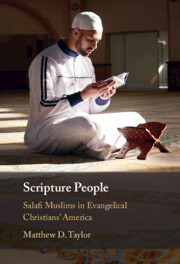This special issue investigates contemporary transformations of Islam in the post-Communist Balkans. We put forward the concept of localized Islam as an analytical lens that aptly captures the input of various interpreting agents, competing narratives, and choices of faith. By adopting an agent-based approach that is sensitive to relevant actors’ choices and the contexts where they operate, we explore how various groups negotiate and ultimately localize the grand Islamic tradition, depending on where they are situated along the hierarchy of power. Specifically, we outline three sets of actors and narratives related to revival of Islamic faith: (1) political elites, mainstream intellectuals, and religious hierarchies often unite in safeguarding a nation-centric understanding of religion, (2) foreign networks and missionaries make use of open channels of communication to propagate their specific interpretations and agendas, and (3) lay believers tend to choose among different offers and rally around the living dimension of religious practice. Contributions in this issue bring ample evidence of multiple actors’ strategies, related perspectives, and contingent choices of being a Muslim. Case studies include political debates on mosque construction in Athens; political narratives that underpin the construction of the museum of the father of Ataturk in Western Macedonia; politicians’ and imams’ competing interpretations of the Syrian war in Kosovo, Macedonia, and Albania; the emergence of practice communities that perform Muslim identity in Bulgaria; the particular codes of sharia dating in post-war Sarajevo; and veneration of saints among Muslim Roma in different urban areas in the Balkans.


